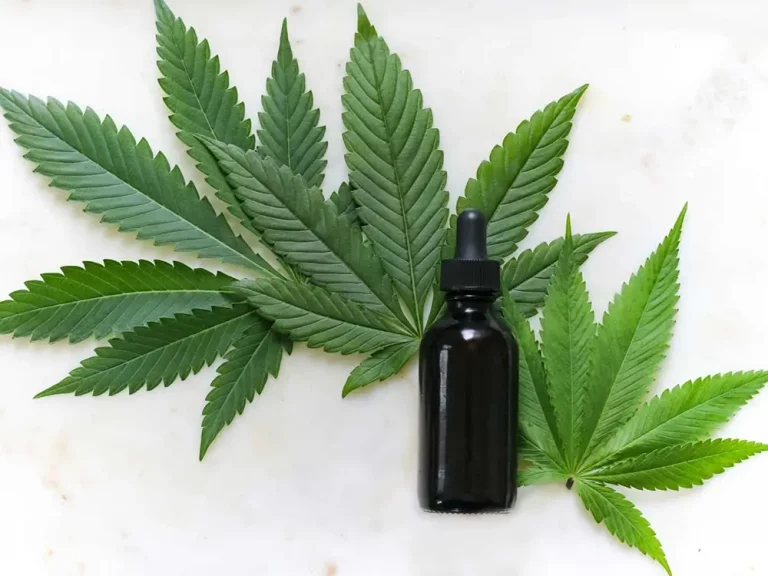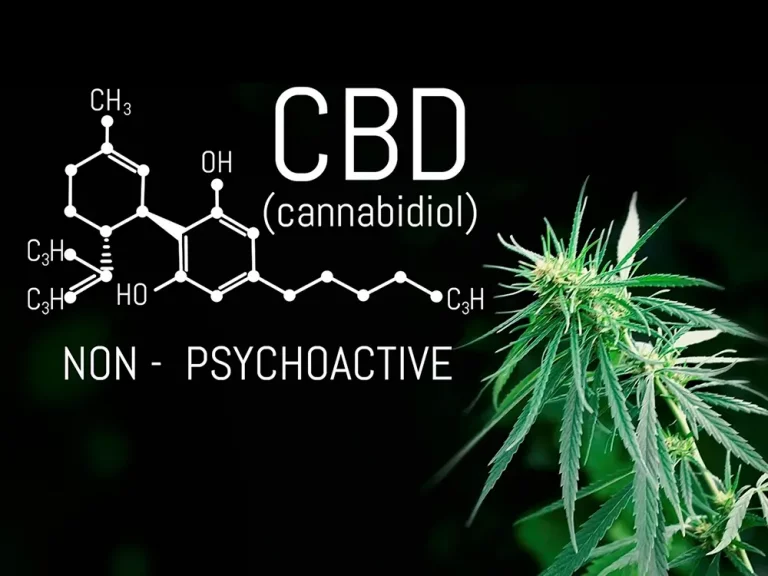
CBD has become a popular wellness supplement, but not all CBD is the same. When shopping for CBD products, you’ll often see terms like full-spectrum, broad-spectrum, and CBD isolate. Understanding these differences is key to choosing the right CBD for your needs.

CBD has become a popular wellness supplement, but not all CBD is the same. When shopping for CBD products, you’ll often see terms like full-spectrum, broad-spectrum, and CBD isolate. Understanding these differences is key to choosing the right CBD for your needs.

CBD, or cannabidiol, has taken the health and wellness world by storm. Whether you see it in oils, gummies, skincare products, or even pet treats, CBD is now a go-to natural remedy for many people looking to support their overall well-being.

CBD, short for cannabidiol, has taken the wellness world by storm. From oils and gummies to skincare and beverages, CBD is now found in a variety of products promising relaxation, pain relief, and overall well-being. But what exactly is CBD, and why is it gaining so much attention?

Hemp has been cultivated for thousands of years, yet its potential is only now being fully recognized. This sustainable, versatile, and eco-friendly plant is making a comeback in industries ranging from wellness and textiles to construction and food.

For centuries, hemp (Cannabis sativa) has been cultivated for its incredible versatility. Today, as the world searches for more sustainable and eco-friendly alternatives, hemp is making a comeback—and for good reason.

In the fight against climate change and environmental degradation, one plant stands out as a potential game-changer—hemp. This ancient crop, once overshadowed by misconceptions, is now being recognized for its sustainability, versatility, and eco-friendly benefits.

As the world moves toward greener and more sustainable solutions, hemp is emerging as a game-changer in industries ranging from fashion and construction to wellness and agriculture. This ancient plant, once overshadowed by legal restrictions and misconceptions,

Hemp (Cannabis sativa) is making waves across industries, from wellness to sustainable living, and for good reason. This humble plant has a long history of use, but in recent years, it has garnered increasing attention for its wide range of applications.

Hemp (Cannabis sativa) is often misunderstood, but this remarkable plant offers a range of benefits that go beyond its controversial family ties. Often associated with marijuana, hemp is a non-psychoactive relative of cannabis, meaning it doesn't produce the “high” that many associate with cannabis.










